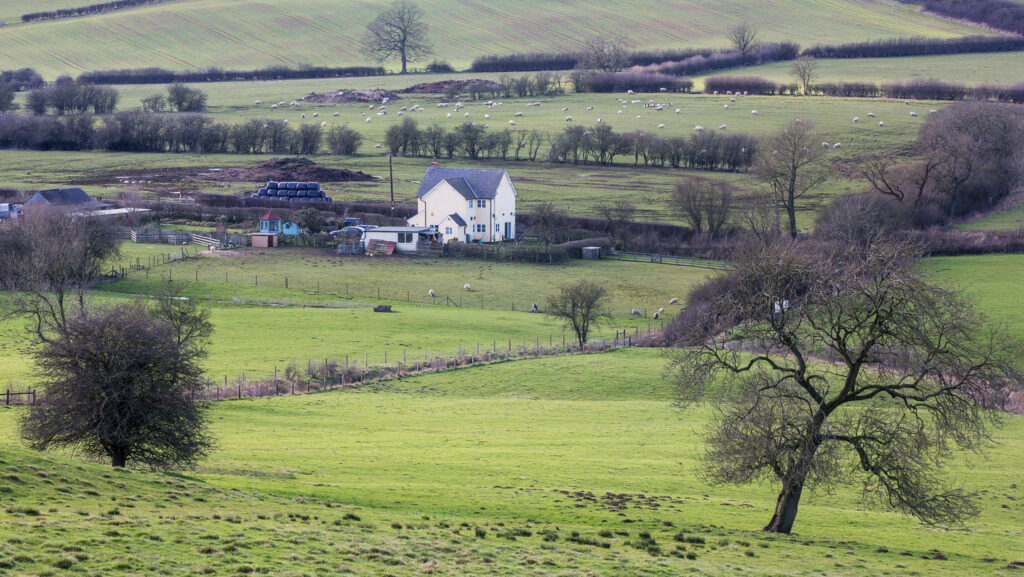Editor’s View: Chancellor hikes punishment for sudden death
 © Tim Scrivener
© Tim Scrivener After today’s (30 October) Budget, chancellor Rachel Reeves’ message to farmers is “don’t die unexpectedly or it’ll cost you”.
If Defra secretary Steve Reed and farming minister Daniel Zeichner were in any doubt about which questions they will be answering over the next two years, they aren’t now.
With the withdrawal of agricultural property relief in its current guise, some farmers will undoubtedly find it more difficult to inherit a business and land without paying a significant tax bill.
See also: Budget delivers heavy cut to farming’s inheritance tax reliefs
At first glance, the Budget – with its accelerated tapering of larger legacy area payments (in England) and negative changes to inheritance tax – is designed to clobber bigger businesses much harder than smaller ones.
Farmers now understand a lot more about how Labour regards them – as a cash cow to be milked rather than a sector to support.
But farmers of all sizes will instinctively feel that in choosing to extract additional wealth from agriculture, they now understand a lot more about how Labour regards them – as a cash cow to be milked rather than a sector to support.
This is particularly galling when farms are already going through an enormous policy transition.
Much of the arguments over the weeks ahead will centre on how big an attack this is on family farming.
The phrase “family farm” is as elastic and controversial as prime minister Sir Keir Starmer’s contorted efforts to draw the boundaries around the phrase “working people”.
For some, it is a £10m arable business in East Anglia which will likely have to hand the Exchequer a seven-figure sum.
If the business is in rude health and able to finance that undertaking, it will leave a significant dent in cashflow but may be manageable.
For others, it is a £2m livestock business in the uplands which – once the new relief on the first £1m in assets has been applied, plus existing reliefs such as the residence nil-rate band or the spouse exemption – may get off with having to pay very little.
Perhaps those that will feel the impact most painfully will be those in the middle, who will neither be able to hide behind the reliefs or use economies of scale to absorb the additional cashflow burden without extreme pain.
But remember: the total exemption on assets transferred seven years before the death of the previous owner will continue to apply, bringing me back to my opening comment.
The most unjust scenario is where there is a sudden death of a business and landowner well before there was any expectation that their time would be up.
Then an heir – if one exists – has a business thrust upon them that they were not yet expecting to receive and, on top of that, are clobbered with a massive tax bill they were not expecting to get.
Is there any silver lining here? Only for entrants who are hoping for land prices to come down from their current lofty heights to a value linked to its productive agricultural value, potentially allowing them to get into the game.
There’s no guarantee that will happen but if anyone in farming circles is celebrating very, very quietly today, it will be them.

